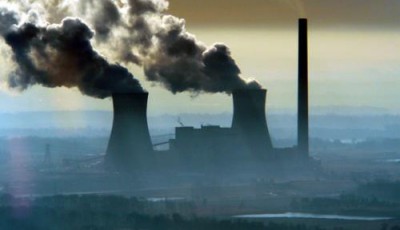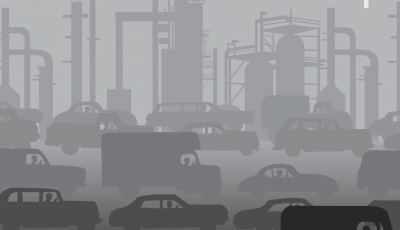New environmental rules for polar shipping established
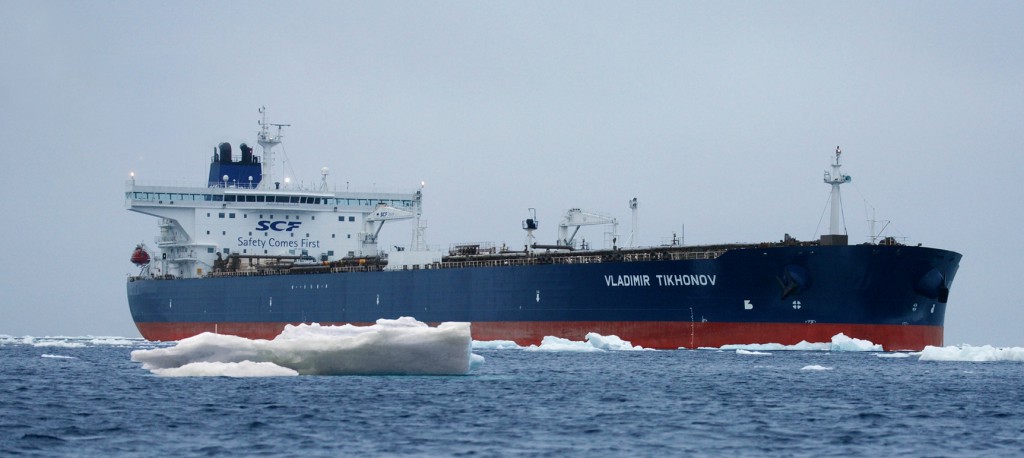 London, May 18, 2015 – Ships trading in the Polar Regions will have to comply with strict safety and environmental provisions specific to the harsh conditions in the Arctic and Antarctic.
London, May 18, 2015 – Ships trading in the Polar Regions will have to comply with strict safety and environmental provisions specific to the harsh conditions in the Arctic and Antarctic.
These regulatory changes are part of the environmental International Code for ships operating in polar waters (Polar Code) and associated amendments to MARPOL (the International Convention for the Prevention of Pollution from Ships).
The vote to make the Polar Code mandatory was taken by the Marine Environment Protection Committee (MEPC) of the International Maritime Organization (IMO) meeting this past week in London.
The Committee also adopted amendments related to tanks for oil residues; designated an extension to the Great Barrier Reef and Torres Strait Particularly Sensitive Sea Area (PSSA); and furthered its work on implementation of air pollution and energy efficiency measures and the Ballast Water Management Convention.
Polar Code Provisions
The Polar Code covers the full range of design, construction, equipment, operational, training, search and rescue and environmental protection matters relevant to ships operating in waters surrounding the two poles.
The newly-adopted environmental provisions cover:
- Prevention of pollution by oil: discharge into the sea of oil or oily mixtures from any ship is prohibited. Oil fuel tanks must be separated from outer shell;
- Prevention of pollution by noxious liquid substances: discharge into the sea of noxious liquid substances, or mixtures containing such substances is prohibited;
- Prevention of pollution by sewage; discharge of sewage is prohibited unless performed in line with MARPOL Annex IV and requirements in the Polar Code; and
- Prevention of pollution by garbage: discharge of garbage is restricted and only permitted in accordance with MARPOL Annex V and requirements in the Polar Code
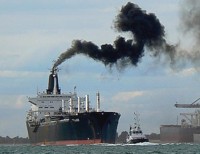 Greenhouse gas emissions reduction targets sidestepped
Greenhouse gas emissions reduction targets sidestepped
But while the Committee considered a submission from the Marshall Islands, calling for a quantifiable reduction target for greenhouse gas emissions from international shipping, it took the view that the priority at this stage should be to continue its current work, in particular the finalization of a mechanism for the collection of data to accurately measure emissions from ships.
Member States acknowledged the importance of the issues raised by the Marshall Islands and also recognized that, despite the measures already taken by the Organization regarding the reduction of emissions from ships, more could be done. However, the Committee opted to consider the proposal further after the UN climate change conference (COP 21) meeting in Paris later this year.
Other Decisions by MEPC
Further development of energy-efficiency guidelines for ships – The MEPC continued its work on further developing guidelines to assist in the implementation of the mandatory energy-efficiency regulations for international shipping and:
- adopted amendments to update the 2014 Guidelines on survey and certification of the Energy Efficiency Design Index (EEDI) and endorsed their application from 1 September 2015, at the same time encouraging earlier application;
- adopted amendments to the 2013 Interim Guidelines for determining minimum propulsion power to maintain the manoeuvrability of ships in adverse conditions, for the level-1 minimum power lines assessment for bulk carriers and tankers, and agreed on a phase-in period of six months for the application of the amendments; and
- adopted amendments to update the 2014 Guidelines on the method of calculation of the attained EEDI for new ships.
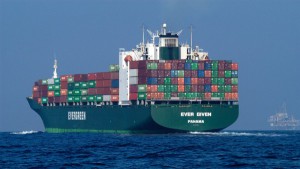
Black carbon definition agreed – The MEPC agreed a definition for Black Carbon emissions from international shipping, based on the “Bond et al.” definition which describes Black Carbon as a distinct type of carbonaceous material, formed only in flames during combustion of carbon-based fuel, distinguishable from other forms of carbon and carbon compounds contained in atmospheric aerosol because of its unique physical properties.
Ship recycling convention – revision of IHM Guidelines – The MEPC adopted the 2015 Guidelines for the development of the Inventory of Hazardous Materials (IHM), The IHM is required under the Hong Kong International Convention for the Safe and Environmentally Sound Recycling of Ships, 2009 (the treaty is not yet in force).
Oil spill response guidance approved – The MEPC approved two sets of guidelines to assist in oil spill response, developed by the Sub-Committee on Pollution Prevention and Response (PPR):
- Guidelines on international offers of assistance in response to a marine oil pollution incident
- Guidelines for the use of dispersants for combating oil pollution at sea –
IMO – the International Maritime Organization – is the United Nations specialized agency with responsibility for the safety and security of shipping and the prevention of marine pollution by ships. Web site: www.imo.org


